Have you ever wondered if you are being watched on the internet? Curious about the data that your browser has stored about your activities? There are ways to actually know how your browser is tracking your every move on the web, your location, and even what type of CPU your computer has.
Want to know how you are being monitored online? Then visit these two websites.
Webkay.robinlinus.com
Webkay stands for What Every Browser Knows About You. This site gives you a demonstration of all the data your browser collects about you. The sample information Webkay shows you can creep you out. This is because although the details presented aren’t 100% accurate, they’re pretty close. Take note that this isn’t a hacking website. Robin Linus developed this site. And its main purpose was so internet users gain awareness about how any website can acquire your web browsing data. Most often, this is done without asking your permission. This is a good way to internalize how your online information is collected and used. Definitely helpful, especially after Congress killed your online privacy protection.
When you launch Webkay, you will see a ‘welcome note’ that explains what the site is mainly about, which is: 1.) to demonstrate what browsers know about you, and 2.) to create awareness for web privacy.
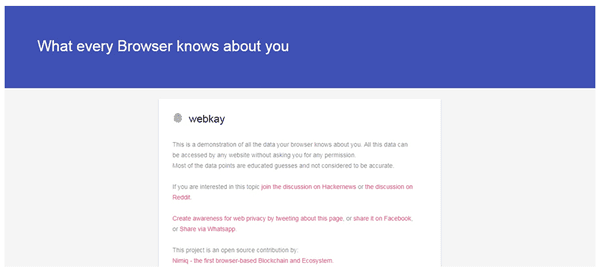
Scroll down a bit and you will see a presentation of your location. It gives your geo coordinates, your address, the time you logged on to the site, and languages used. The website uses Google Geolocation API so it isn’t as accurate as a GPS Location. But the error of margin isn’t a big one, which means websites can get pretty accurate in knowing where you are when using the right tools.
Webkay will also show you which operating system, browser, plugins, local and public IPs, and service provider you’re using. It can even tell hardware data, such as battery status and CPU and GPU details. Plus, it knows what social media accounts you are currently logged into and what devices are connected to your network.
Aside from making you feel creeped out (now that you’re realizing how cunning websites are in monitoring your online activity), Webkay also provides suggestions on how to boost your web privacy with Prevention tips.
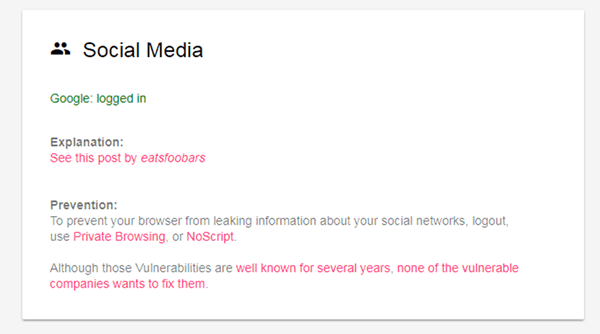
Clickclickclick.click
Click is more playful than Webkay, but it sends the same message—we are watching you. When you open the site, you will see a white page with a green button in the middle with the word “Button”. From then on, it watches your every move and gives you a detailed account of your activity.
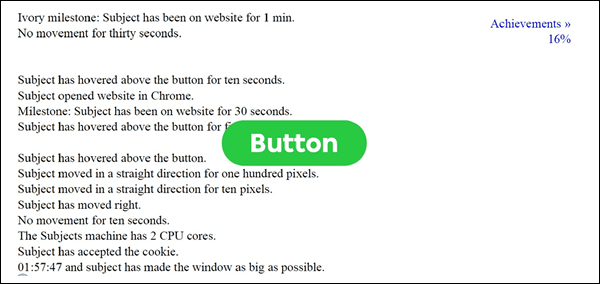
It can be pretty amusing to see a real-time narration on screen about where you are hovering on the page or where your mouse is moving towards. You can even unlock ‘achievements’ through user-browser interaction events, such as staying on the website longer or clicking on the green button.
Hint: Turn on your volume to enjoy the experience even more.
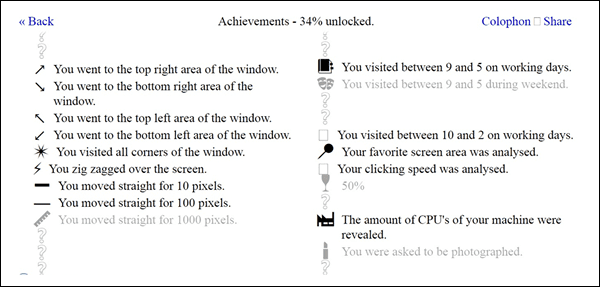
The narrator will draw conclusions about your character based on your behavior on the site. It demonstrates what type and how much of your online data is tracked and is potentially used by advertisers and other web services.
Click was created by Luna Maurer and Roel Wouters (both also known as Moniker) in collaboration with We Are Data traveling installation.
Can You Still Get Any Privacy Online?
Today, when the web and technology are getting more advanced, it is getting even more difficult to remain hidden from prying eyes. Privacy is sadly something we now have to fight for and protect. And with the government repealing laws that could have given us some form of online protection, we have to be more proactive in protecting web privacy.
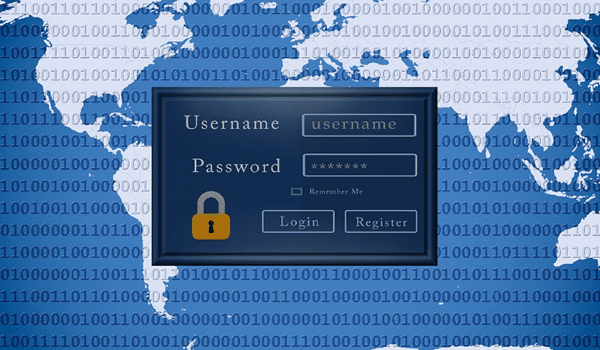
One option is to use VPNs—virtual private networks. This allows you to route all your traffic through a VPN service. So when your internet provider wants to get a list of all the sites you visited, it will appear that you connected to just one server. Plus, all the data that flows through your VPN channel is encrypted so unauthorized parties can’t access it. This is especially useful when you are using public Wi-Fi. A downside to using this network is you might not be able to use certain websites and services.
Another option is to use Tor, a free browser run by a research-education nonprofit organization called the Tor Project. Cookies and JavaScript are disabled on Tor by default. Any messages sent through the browser are protected by several layers of encryption. Your traffic is routed through multiple servers around the world, giving you more privacy and anonymity. However, Tor is a bit complex to set up and has a tendency to slow down your internet connection.
If you want to know more about virtual private networks, check out our article on the best VPN services on the market.


